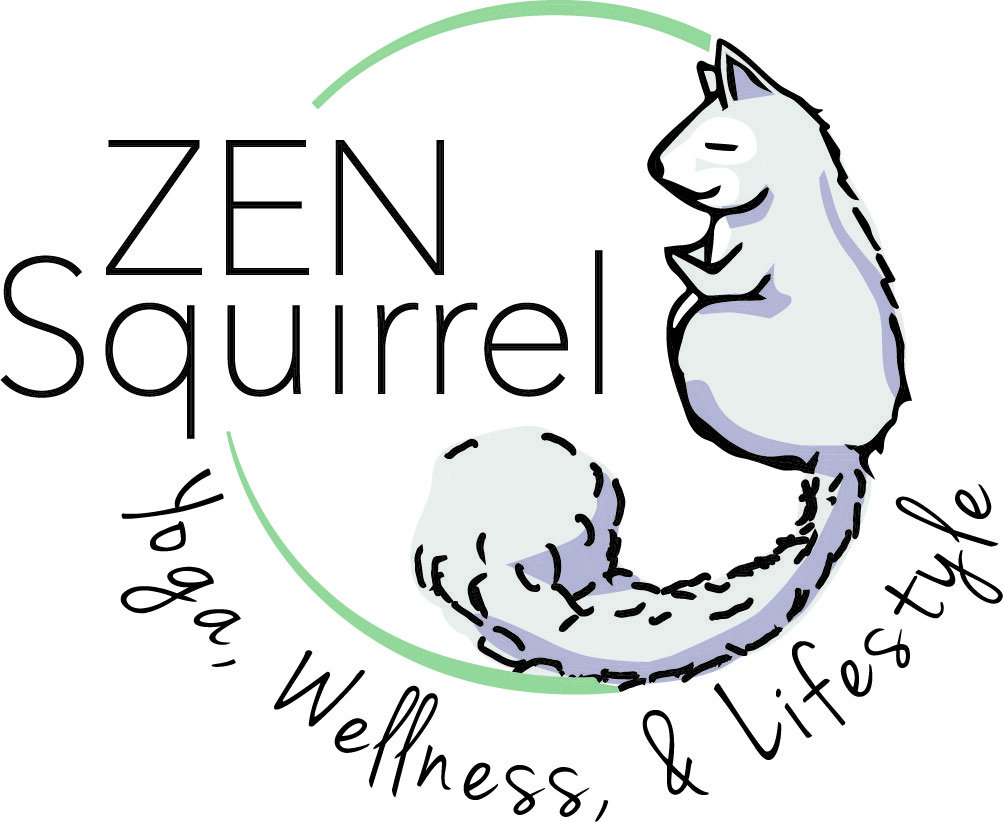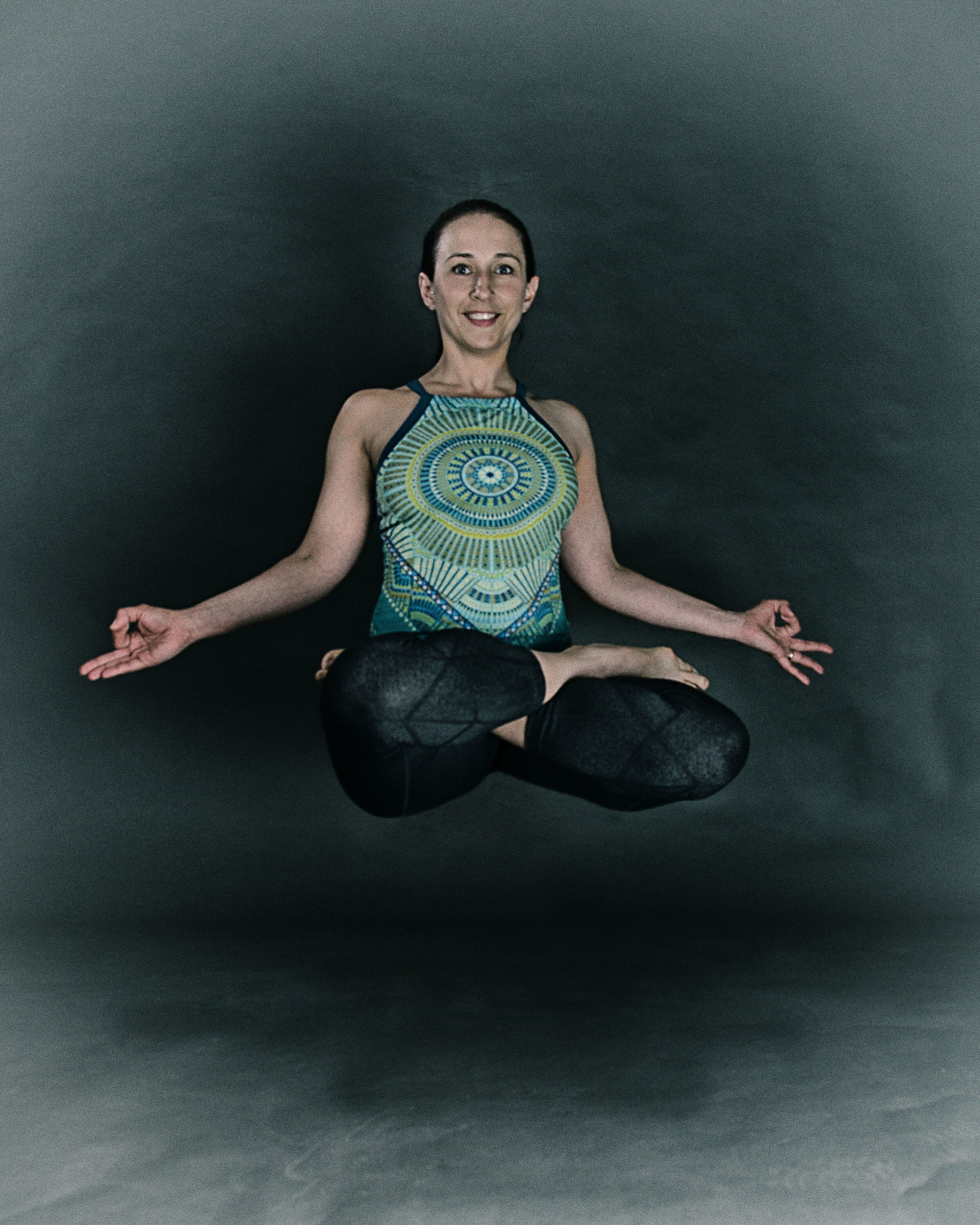Lotus Pose - Reader's Request
I put a question out on my facebook page, wanting to find out what subjects interest my readers. I received an enthusiastic request for information on full lotus pose. I will honor this request, but do not routinely teach lotus in my classes due to potential knee stress.
Many people have attempted to demonstrate this pose when they learn that I teach yoga. Way too often, the demonstration involves yanking their ankles, rigid thighs remaining immobile as they pull their ankles onto their knees, ouch! Please do not attempt any yoga poses that involve holding your breath and yanking! Yoga always involves the breath!

My son's attempt at lotus pose, age 7.
The lower legs and thighs must stay in healthy alignment in lotus pose. Knees should flex and straighten, but should not be forced to move from side to side. If you have any knee pain while attempting these poses, please back off. The pose is not the goal, and no prizes are given out for placing your feet on your thighs.
There are people who find lotus pose comfortable from day 1, and many who work very hard for years in attempt to perform this pose. I will write this with the assumption that you have already warmed up with a standing practice.
Begin with reclined pigeon pose. Start on your back, knees bent, feet on the floor. Place your right ankle on your left thigh, just above your knee. If you feel a stretch here, pause & breathe, otherwise, bring your left leg toward your chest. Repeat on the opposite side.
Rock the Baby - from a seated position, bring your right arm on the outside of your right knee, and your left arm around the outside of your right foot. Your hip will be in an external rotation. Bring your leg toward your chest, stopping when you feel tightness or you begin to hold your breath. Repeat on the opposite side.
Easy Pose (known to the children as Criss Cross Applesauce) - Sitting in a simple cross legged position can be a challenge for many people. Using a few blankets or a block to raise the hips above the level of the knees can make a world of difference in this pose. This is a great place to begin seated meditation. Repeat with the opposite leg in front.
From Easy Pose, progress to Half Pigeon by placing your right foot on your left thigh, with your heel near your hip. Your left leg can remain under the right thigh. You have the option of using a blanket under your hips to maintain back comfort. Repeat on the opposite side.
For Full Lotus Pose, begin in Half Lotus Pose with your right foot near your left hip. You can always stop here. Next, take your left shin/calf in your hand, lean back, knees elevating off the floor, and pause. I find it to be more comfortable to take the time to consciously relax my left knee toward the ground at this time. This can be the end point of the pose for several practices if you have discomfort. When the left knee and thigh release toward the ground (the pivot point being the hip, not the knee), attempt to bring the left foot on top of the right leg near the hip. Lean to a neutral position once again, knees moving toward the floor, legs can remain slightly active by pressing engaging the muscles as if attempting to press the feet in opposite directions. Blankets or props under the hips and knees are optional. Sit in a position that allows you to keep a tall spine. Repeat on the other side, as this is an asymmetrical pose.
Start out slowly, maybe holding the pose for 20 - 30 seconds, and working up to 5-10 minutes of seated meditation (which can be done in any seated pose).
In conclusion, take the movement from the hip, keep the knee safe by maintaining the alignment of the lower and upper legs, and don't forget to breathe!
Namaste,
Beth

